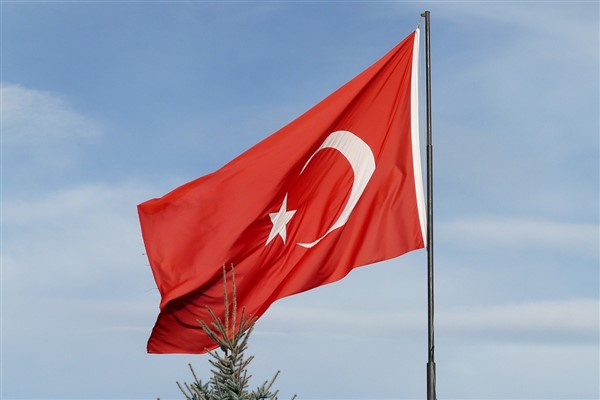Pursuant to Article 42 of the Central Bank Law, an open letter sent to the government due to the failure of the 5% inflation target was published on the CBRT website. According to this;
Instead of focusing on immediate short-term gains, the Bank initiated a comprehensive monetary policy review process to ensure sustainable and lasting price stability in the long run.
Savings in Turkish lira will be encouraged through FX-protected accounts and similar instruments, and the yields of these accounts will not be lower than their alternatives.
The Bank expects the “liraization” process to make a permanent contribution to price stability in the medium term.
The share of swap transactions in total funding will be reduced.
Dependence on foreign loans to finance production will be minimized through targeted loans to the sectors.
The latest monetary policy perspective of the Central Bank and on the axis of Mr. Şahap Kavcıoğlu's statements; We conclude that the policy functionality focuses on reducing the current account deficit rather than fighting inflation. At this stage, the Central Bank keeps interest rates low and implements policies aimed at economic objectives such as reducing the current account deficit and increasing exports. It is seen that the government has also put into use different policy elements in order to bring down the exchange rate, and therefore inflation, in the economic perspective it has adopted. At the beginning of this is the promotion and generalization of the FX protected deposit product. Therefore, it is desired to take the exchange rate under control with public resources and financial product activity in order to reduce inflation.
In fact, it is possible to reduce inflation by increasing interest rates in line with the orthodox policy. Trying to reach the said goal by using non-orthodox methods and financial resources brings a reflection on the country risk premium through financial uncertainty. Because, the phenomenon of financial tightening is observed in international markets and there is an increase in interest rates in general. In this case, policies focused on keeping interest rates low in our country cause inflation and the interest margin with other countries to widen against us, and interest rates that remain low in real terms increase the upward pressure on the exchange rate.
We think that the CPI will tend to increase even more during the year, especially towards the summer months. There is a serious potential for pass-through in producer prices, and the loading up to December will have a reflection on consumer prices at certain rates and at certain levels in the coming months, from the producer inflation based on 80%. In January, PPI will exceed the mentioned margins, we expect PPI to rise to 92.9% in January and continue its upward trend in the following months. Such high realization and expectations will also increase the CPI. At the same time, high minimum wage hikes as of January, pressures on global supply chains, and within this framework, high commodity prices will continue to fuel the aforementioned cost increase. Although we see partial relief in supply chains, we observe that it is not enough to alleviate the inflation pressure.
We will observe the reflection of factors such as the effect of publicly administered-directed prices, which has an important place among the non-currency feeder phenomena of inflation, and the effect of price hikes, especially on the energy prices side. The energy cuts made on the industrial side in January will also affect the production line and therefore producer prices. The factors we have listed show that other factors will accelerate the upward trend in inflation throughout 1Q22, even if there is no significant upward trend in the exchange rate.
The Central Bank currently estimates the inflation to be 23.2% for the end of this year. We, on the other hand, evaluate the risks regarding the forecast path of the Central Bank as upwards. Our inflation expectation for the end of this year is 36.7% based on current factors.
Kaynak: Tera Yatırım
Hibya Haber Ajansı





